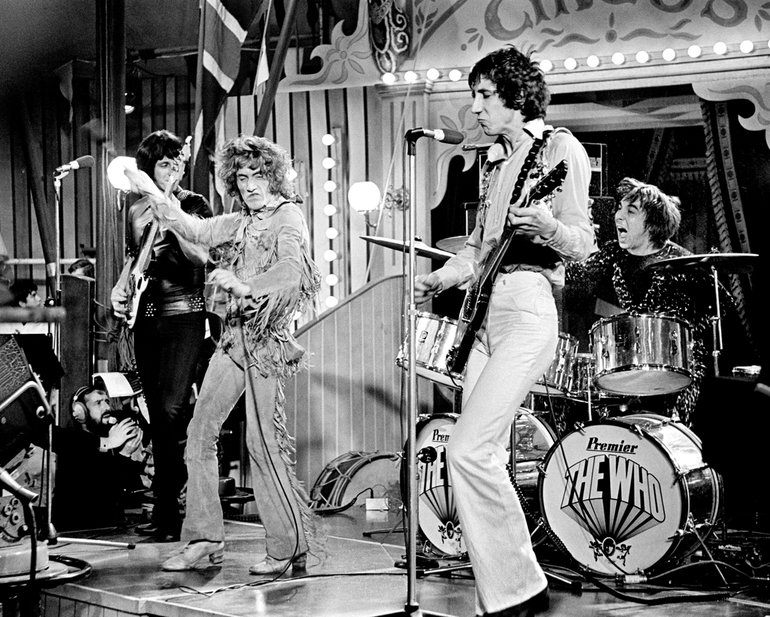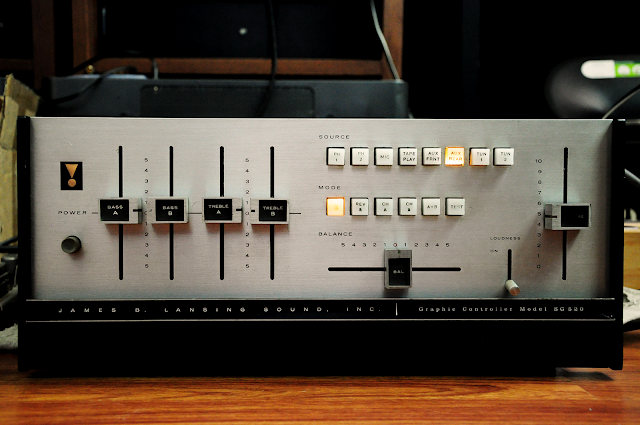I was raised on Audio but weaned on AudioCraft:
In the 'early days of hi-fi,
Audiocraft was the 'gearhead' oriented magazine, split off from
High Fidelity, which carried a lot of music and performance related copy. For a while,
Hi-Fidelity incorporated the
Musical America magazine, where for an extra dollar or two, subscribers could read about opera stars and orchestra conductors. One could easily ascertain the 'audiophile' split back then--a) those who used recorded music to listen to their gear, and b) those who used their gear to listen to recorded music.
Audiocraft featured Gordon Holt, along with Roy Allison, the latter migrating over to AR, as chief engineer.
The relation of articles/authors to editorial content was blurred. David Hafler could write an article on modding your Williamson amplifier by using a new and improved transformer, and then you turned to page 40 and found an ad for Dyna's Williamson-modding A-430 output transformer. But the press has always been that way.
Unlike the music reviews, gear run-downs were matter of fact. You read about how the gear was put together, how it measured and how flexible it was to use. Were the instructions to build it legible and logical, and how many evenings did it take to assemble? You never read about the reviewers as reviewers. To their credit they had the decency and good sense to stay in the background.
Sometime around I'm not exactly sure, audio reviewing moved away from this template, and reviewers started inserting themselves (and their wives) into the mix. Before reading about the gear in question, you had to read an anecdote about the reviewer's vacation, or some other incredibly uninteresting and unrelated episode in their life, that was then somehow supposed to be related the the gear they were reviewing.
This sort of 'gonzo' reporting was not in and of itself unwelcome, yet it hardly ever worked out because none of the reviewers utilizing this style was as interesting or as funny as Hunter Thompson on his way to Las Vegas. So it was mostly cringeworthy. With the possible exception of the late Enid Lumley, who was so bizarre and so off the wall, that you wanted to read about her and her exploits, simply for that. Today, Fremer likely approaches her in the overall weirdness department, but doesn't have the 'endearing' personal qualities that Lumley showed, at least in print. So until someone better comes along, Enid is still the journalistic Queen of Tweak.
As far as Canby? He started out reviewing records in
Audio. I went through a few to refresh. Generally his record reviews were to the point. And he certainly had a way... in his review of
The Civil War, Its Music and Its Sounds, Vol 2 (Mercury LPS2-902) Ed wrote: "In spite of a bit too much gun fire, this is by far the best Civil War album I've yet heard and seen." I don't think ETC was being funny or ironic--he was by all accounts a serious man, yet I had to laugh out loud at that.
Canby was born in 1912. There was a literary 'style' common around that time, particularly in England, where writers would spend paragraphs upon pages trying to make a point, obliquely. A good example was Alfred Orage's literary, social and political commentary newspaper, the
New Age,--the early years of the last century. It was almost as if writers were not supposed to make a point, but just beat around the bush, hoping readers would figure it all out. Use 10 words, when one would do. Canby's prose was like that. A guy like
William (edit) Henry James could get away with it. But few people are Henry James.



